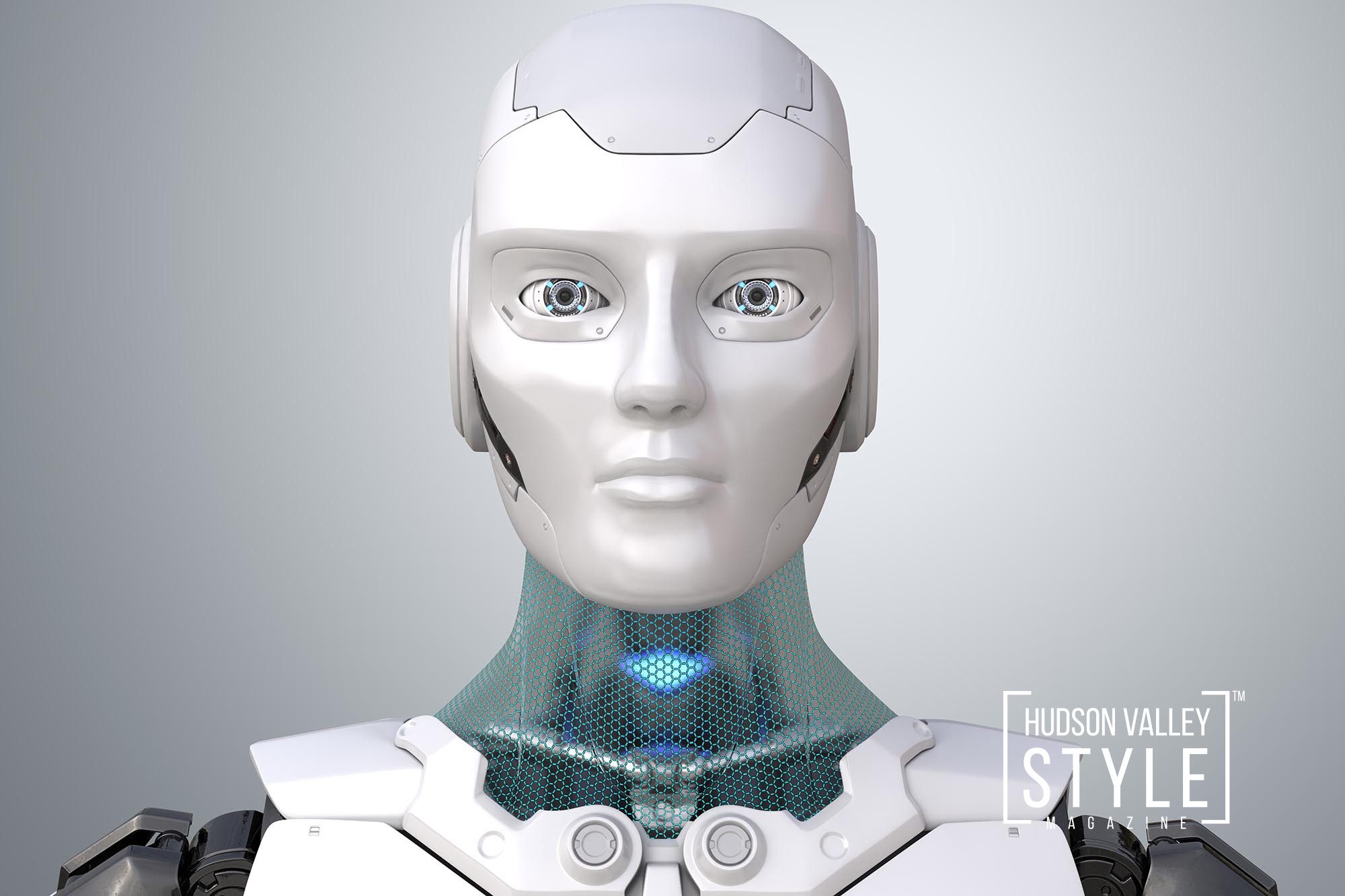As an artist, entrepreneur, and expert in a variety of fields, including design, fitness, and technology, I have always been fascinated by the potential of artificial intelligence (AI) which I find one of the most natural and organic technologies of all time. Around this time of the year, back in 2018, I wrote an essay on the “Cosmic Intelligence of Design” emphasizing the role of creatives like myself in building a new and better world. Little did I know that 4 years later my ideas would be supercharged with the new (and many say the last) technology produced by human civilization. In this article, I’ll explore how AI may eventually lead to the end of capitalism as we know it, and what that could mean for the future of society.
How AI could lead to the end of capitalism and the emergence of new economic systems – by Maxwell Alexander, MA, BFA, Certified Fitness Trainer, Bodybuilding and Sports Nutrition Coach
It’s no secret that AI has already made a significant impact on various industries, from manufacturing to healthcare to transportation. As AI continues to advance and become more prevalent in our daily lives, it’s likely that it will also transform the way we think about work and economic systems.
One potential consequence of the increasing use of AI is the displacement of human labor. As machines become more efficient and capable of performing tasks that were previously done by people, there is a risk that many jobs will become obsolete. This could lead to widespread unemployment and a shift in the balance of power between workers and employers.
In a capitalist system, the pursuit of profit is often prioritized over the well-being of people. If AI leads to widespread unemployment and a concentration of wealth and power in the hands of a few, it’s possible that the current capitalist system will become unsustainable.
However, the end of capitalism doesn’t necessarily mean the end of all economic systems. Some experts have proposed alternative models, such as a universal basic income, which would provide a guaranteed income for all citizens, regardless of their employment status. This could help to ensure that everyone has a basic standard of living and allow for greater economic mobility and opportunity.
Another possibility is the emergence of a new form of socialism, in which the means of production are owned and controlled by the community or the state rather than by private individuals or corporations. In this type of system, the profits generated by AI and other technological advancements could be used to benefit society as a whole rather than just a select few.
It’s important to note that the future is uncertain and it’s impossible to predict with certainty what the impact of AI will be on our economic systems. However, it’s clear that as AI continues to advance, it will likely have significant consequences for the way we work and live. As a society, it’s important to consider the potential consequences of these technological advancements and consider alternative economic models that prioritize the well-being of all people.





